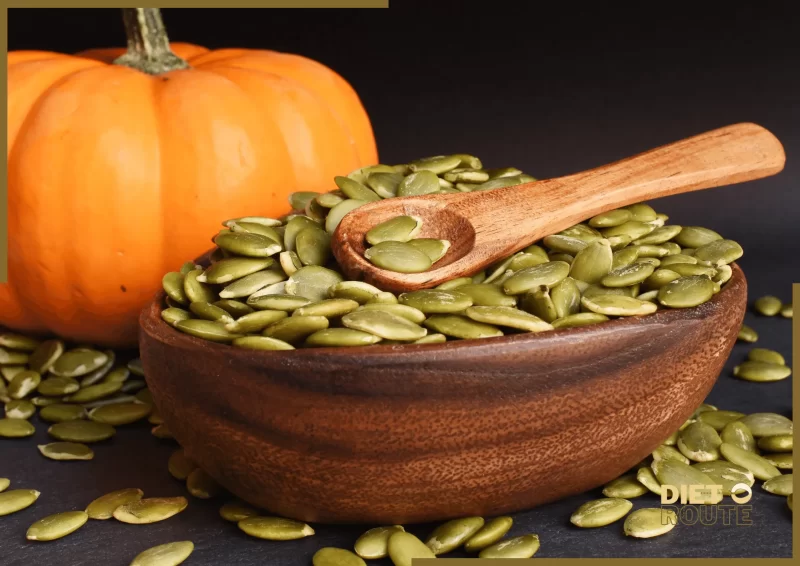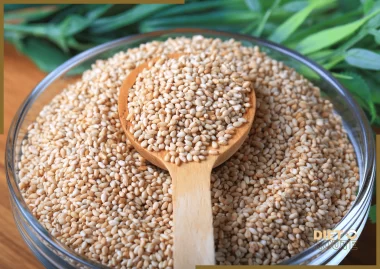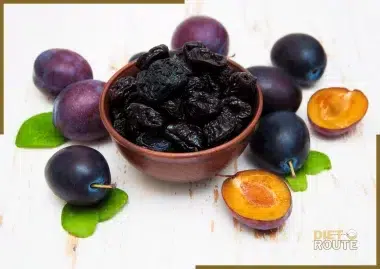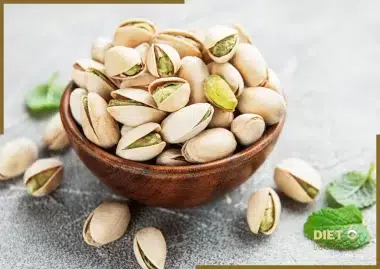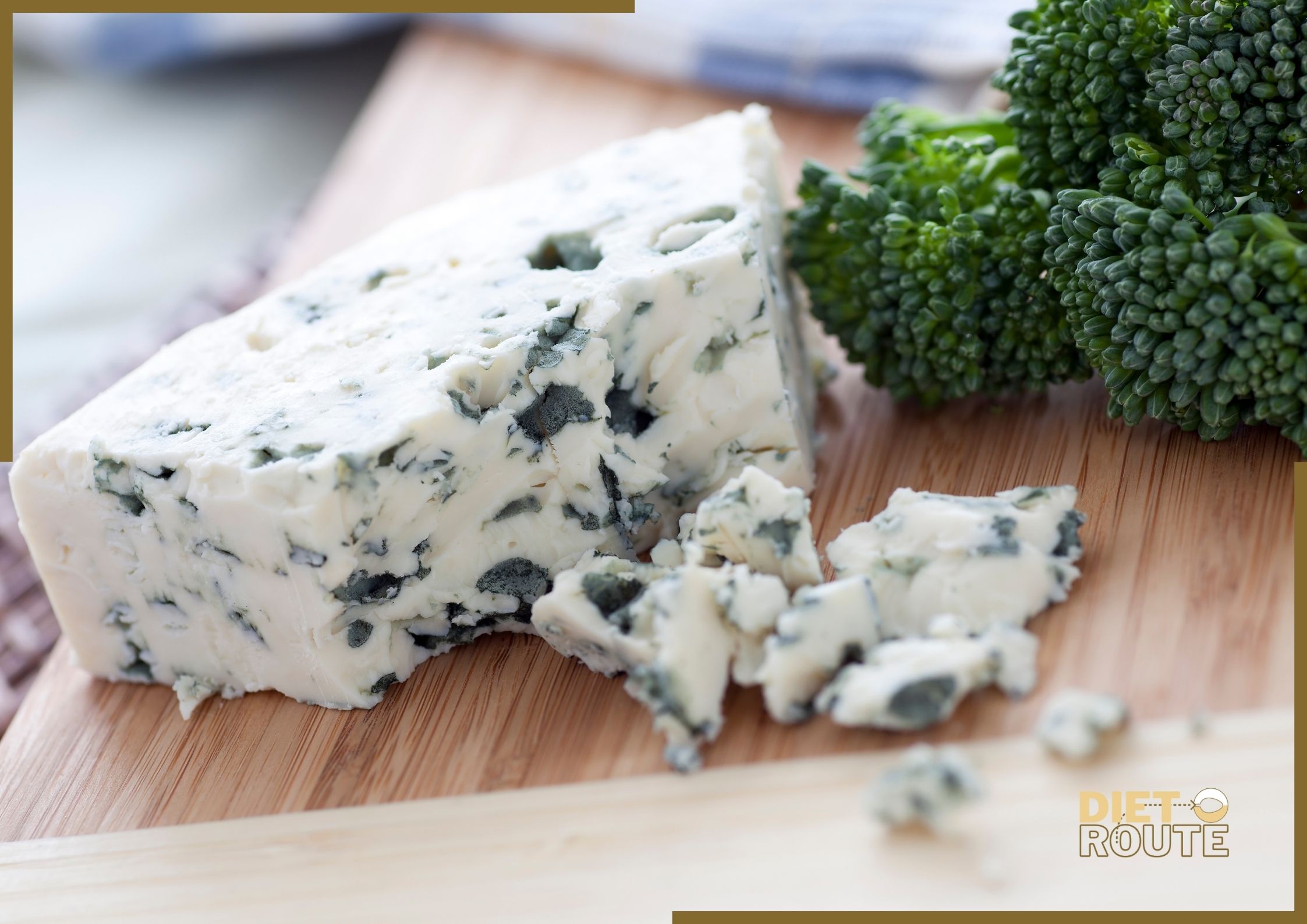Table of Contents
Introduction
Pepitas, or pumpkin seeds, are a highly nutritious and delicious snack option. These are nutrient-dense foods that contain healthy fats, protein, fiber, vitamins, and minerals. This article provides a detailed analysis of the nutritional value. It includes a comprehensive table that breaks down the various nutrients found in these seeds, as well as a discussion of their advantages and disadvantages. Additionally, common questions are answered, and the importance of including them in a healthy diet is emphasized.
Nutritional Value Approximately 100g
The values provided are approximate can vary depending on the size and ripeness.
| Nutrient | Amount | % Daily Value |
| Calories | 574 | 29% |
| Total Fat | 49 g | 76% |
| Saturated Fat | 8.7 g | 44% |
| Trans Fat | 0 g | – |
| Cholesterol | 0 mg | 0% |
| Sodium | 7 mg | 0% |
| Potassium | 919 mg | 26% |
| Total Carbohydrate | 10.7 g | 4% |
| Dietary Fiber | 6 g | 24% |
| Sugars | 1.4 g | – |
| Protein | 30 g | 60% |
| Vitamin C | 1.9 mg | 3% |
| Calcium | 46 mg | 5% |
| Iron | 8.8 mg | 49% |
| Magnesium | 592 mg | 148% |
| Phosphorus | 1233 mg | 123% |
*Percent Daily Values (% DV) are based on a 2,000-calorie diet.
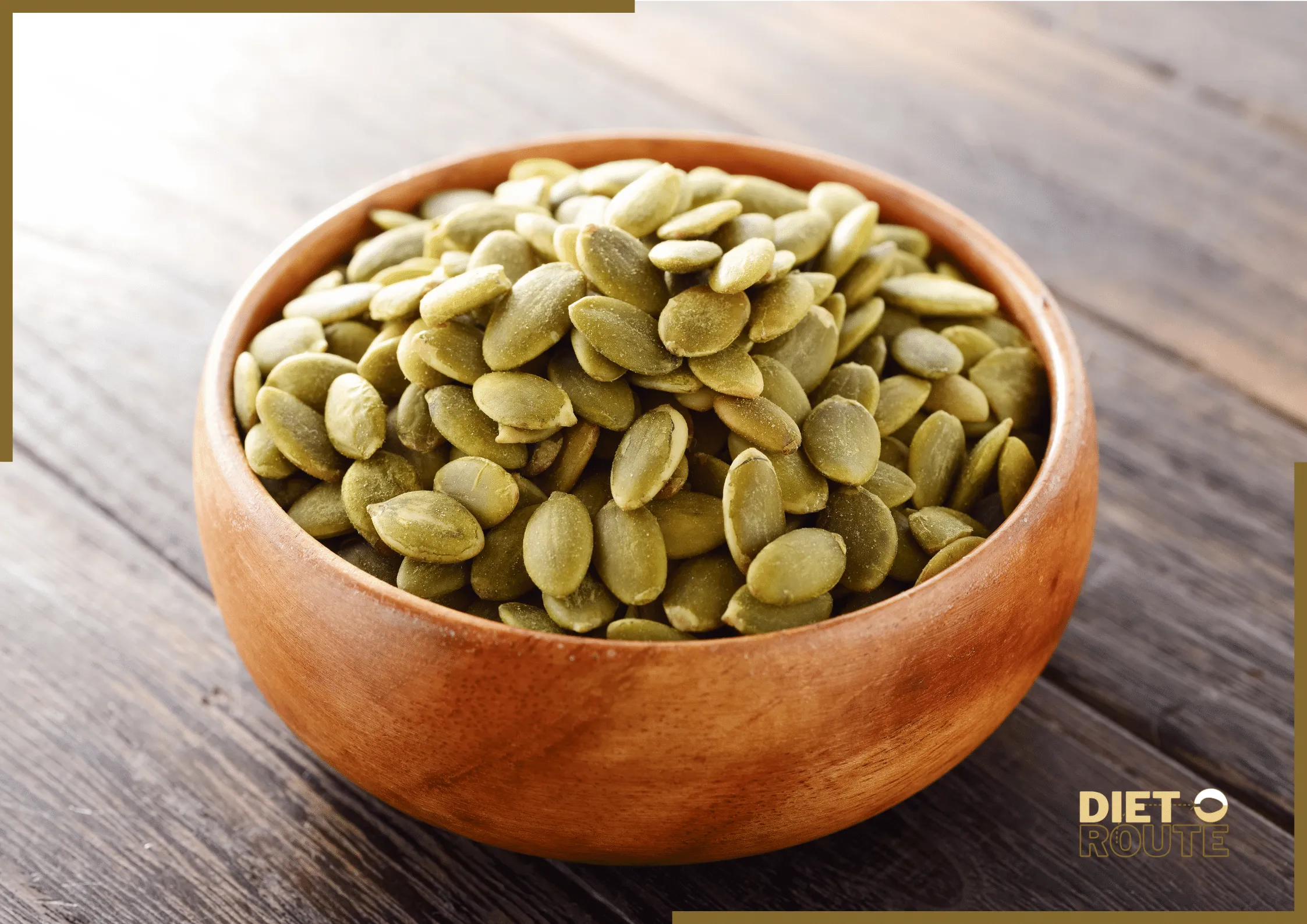
Pros
1.Pumpkin seeds are packed with essential nutrients, including protein, healthy fats, fiber, vitamins (such as vitamin K and vitamin E), and minerals (such as magnesium, iron, zinc, and phosphorus).
2. These seeds are rich in antioxidants, which help protect the body against oxidative stress and promote overall well-being.
3. The combination of healthy fats, fiber, and antioxidants in these seeds may support heart health by reducing cholesterol levels and improving overall cardiovascular function.
4. These seeds contain various nutrients, such as zinc and vitamin E, that play a role in supporting a healthy immune system.
5. These seeds have been associated with promoting prostate health in men due to their high zinc content.
Cons
1.Pumpkin seeds are calorie-dense, so portion control is necessary, especially for individuals watching their calorie intake.
2. Some individuals may have an allergic reaction to pumpkin seeds. If you have a known seed allergy, it’s important to avoid consuming these seeds or consult with a healthcare professional.
Frequently Asked Questions (FAQs)
-
1. u003cstrongu003eAre pumpkin seeds suitable for individuals with nut allergies?u003c/strongu003e
Yes, these seeds are generally well-tolerated by individuals with nut allergies as they belong to a different botanical family. However, it’s always best to consult with a healthcare professional if you have specific concerns.
-
2. u003cstrongu003eCan pumpkin seeds aid in weight loss?u003c/strongu003e
They are nutrient-dense and high in healthy fats, protein, and fiber, which can contribute to satiety. Including them as part of a balanced diet may help with weight management.
-
3. u003cstrongu003eAre pumpkin seeds a good source of magnesium?u003c/strongu003e
Yes, these seeds are an excellent source of magnesium, a mineral that plays a crucial role in various bodily functions, including bone health, muscle function, and energy production.
-
4. u003cstrongu003eCan pumpkin seeds improve sleep quality?u003c/strongu003e
These seeds contain tryptophan, an amino acid that can promote better sleep. Additionally, the magnesium content in these seeds may contribute to relaxation and restful sleep.
-
5. u003cstrongu003eAre roasted pumpkin seeds as nutritious as raw ones?u003c/strongu003e
While roasting these seeds can enhance their flavor, it may slightly reduce the nutrient content. Opt for lightly roasted or raw pumpkin seeds to obtain the maximum nutritional benefits.
-
6. u003cstrongu003eCan pumpkin seeds help regulate blood sugar levels?u003c/strongu003e
The fiber, healthy fats, and protein in pumpkin seeds may aid in stabilizing blood sugar levels. However, individuals with diabetes should still monitor their intake and consult with a healthcare professional.
-
7. u003cstrongu003eAre pumpkin seeds safe to consume during pregnancy?u003c/strongu003e
Yes, these seeds are generally safe to consume during pregnancy and can provide essential nutrients. However, it’s advisable to consult with a healthcare professional for personalized advice.
-
8. u003cstrongu003eHow can I incorporate pumpkin seeds into my diet?u003c/strongu003e
They can be enjoyed as a snack on their own, added to salads, yogurt, smoothies, or used as a topping for various dishes and baked goods.
-
9. u003cstrongu003eCan pumpkin seeds go bad?u003c/strongu003e
Yes, like other seeds and nuts, these seeds can go rancid over time. It’s best to store them in an airtight container in a cool, dark place to maintain their freshness.
-
10. u003cstrongu003eWhere can I buy pumpkin seeds?u003c/strongu003e
u003cbru003eThese seeds are readily available in most grocery stores, health food stores, and online retailers.
In a Nut Shell
Pumpkin seeds are a nutrient-dense food that can make a valuable addition to a healthy diet. With their impressive nutritional profile, including protein, healthy fats, fiber, vitamins, and minerals. These seeds offer numerous health benefits. From supporting heart health and boosting the immune system to promoting prostate health and aiding in weight management, these versatile seeds have a lot to offer. Incorporate these seeds into your diet in moderation, considering the high calorie content, and enjoy their delicious taste and nutritional advantages.
